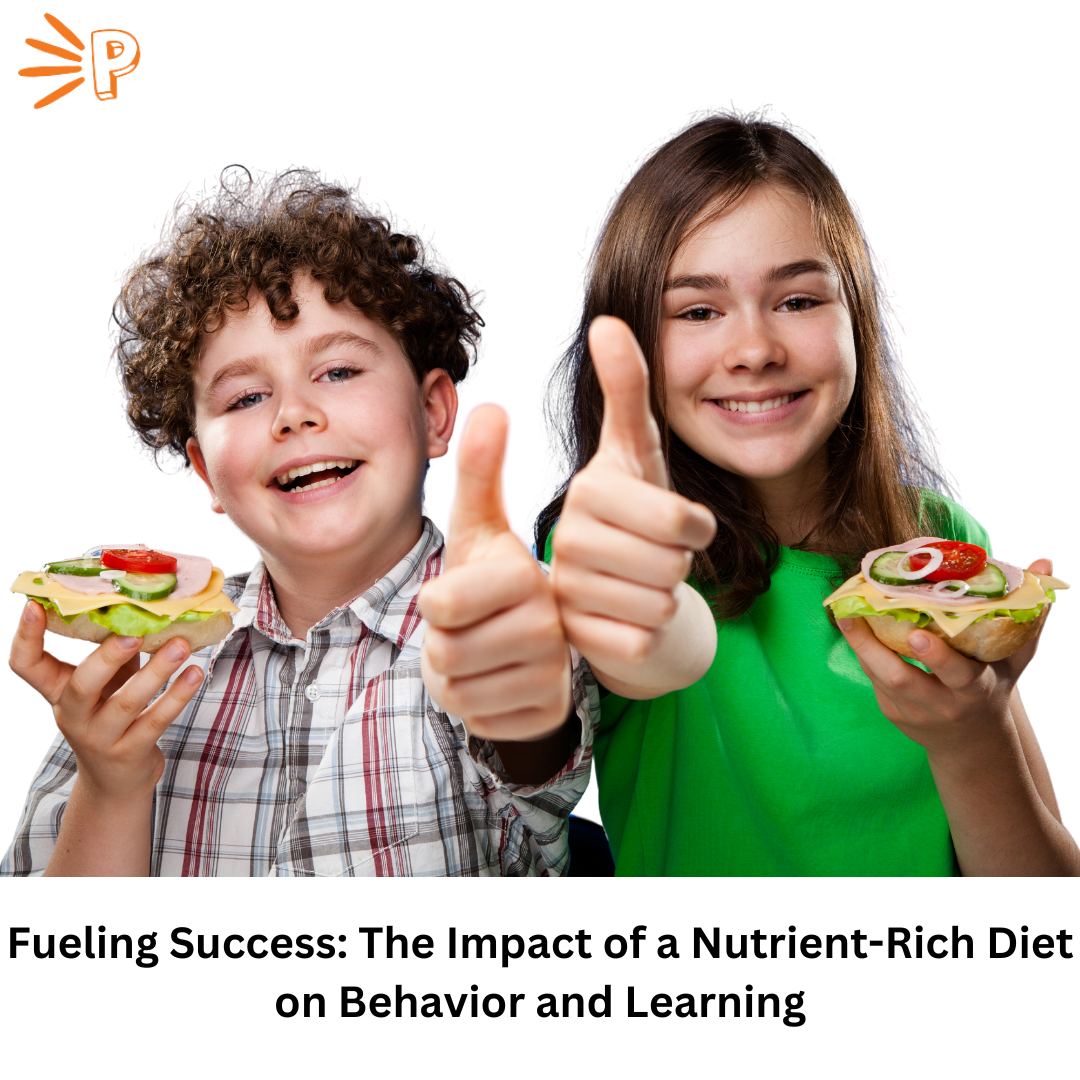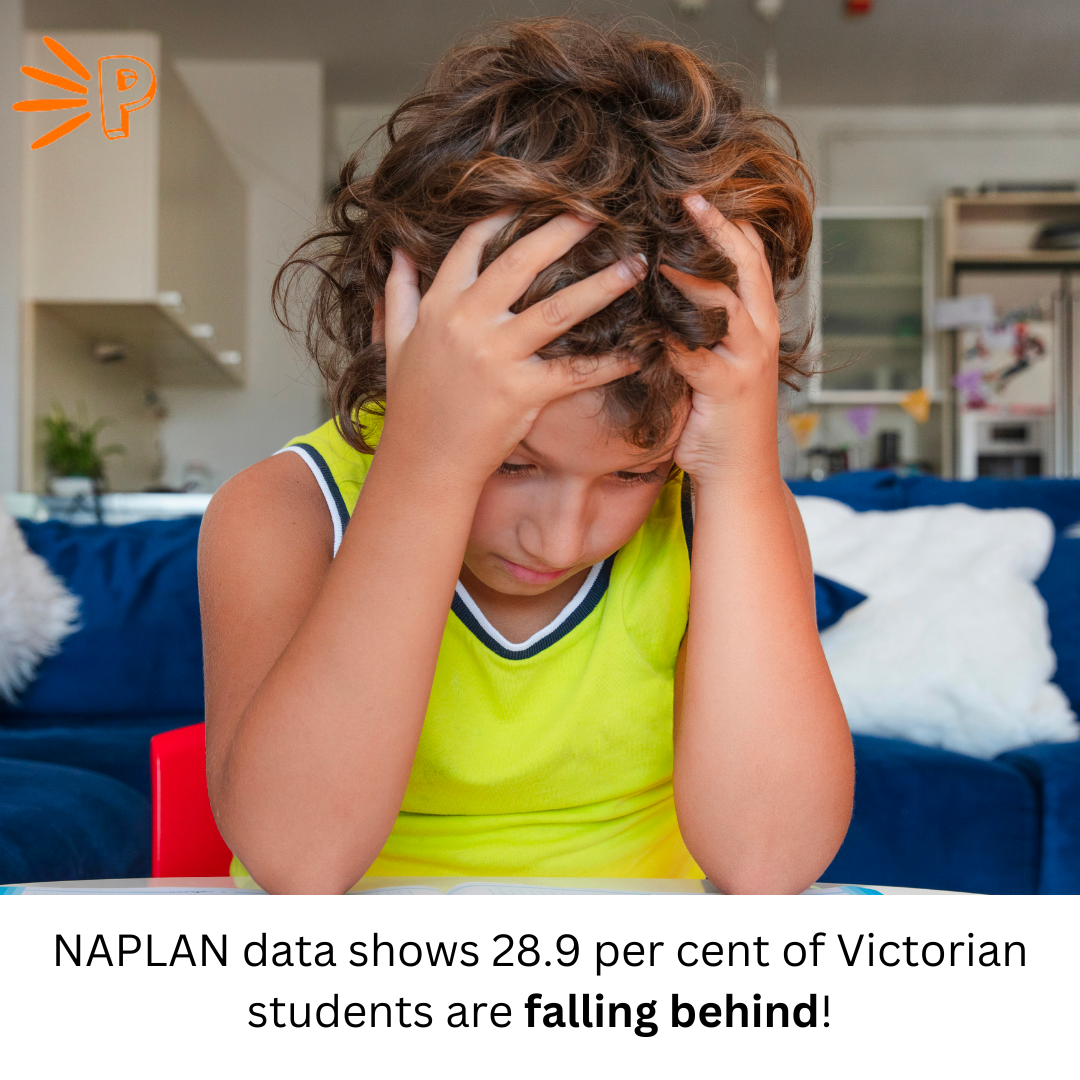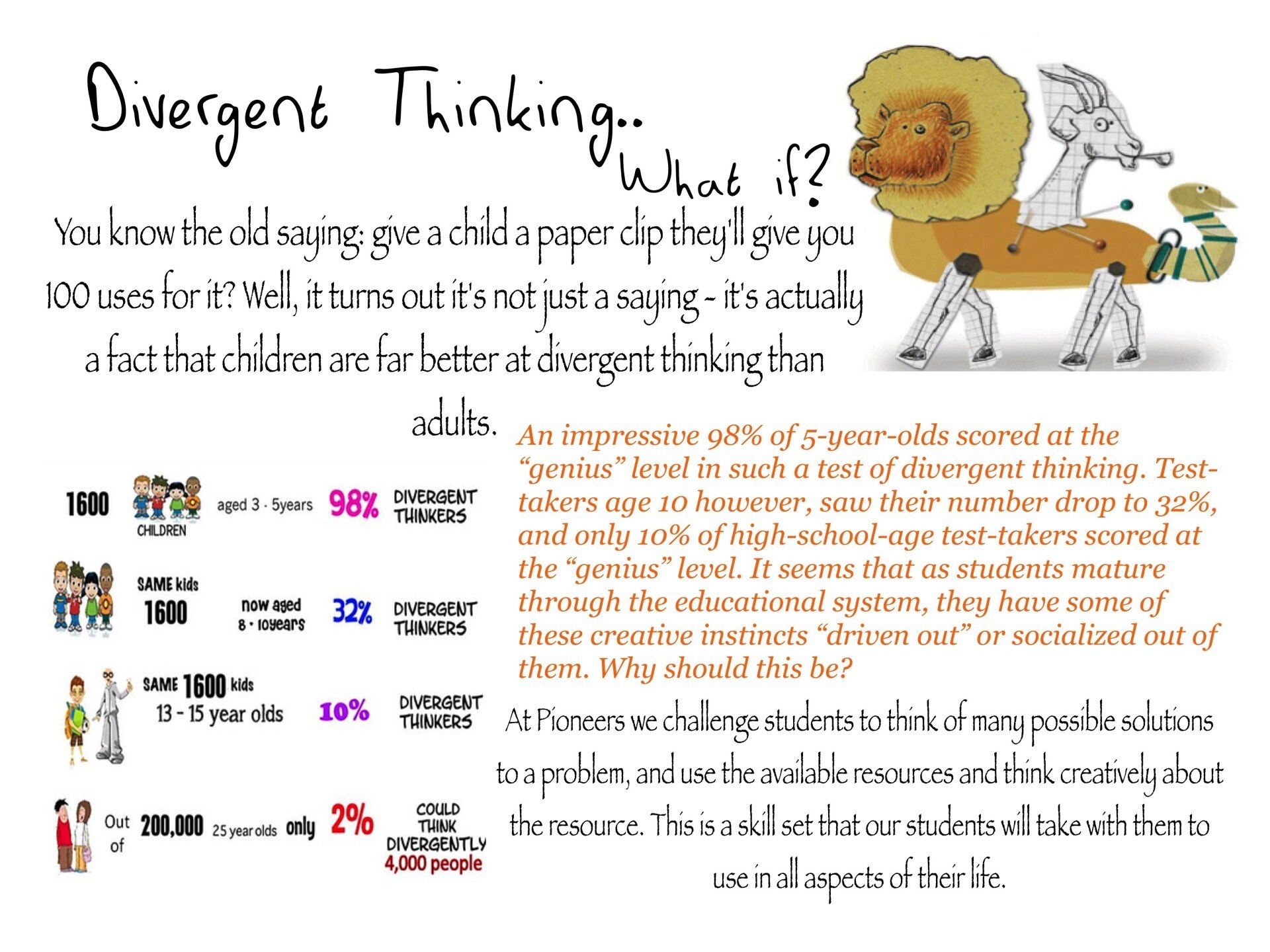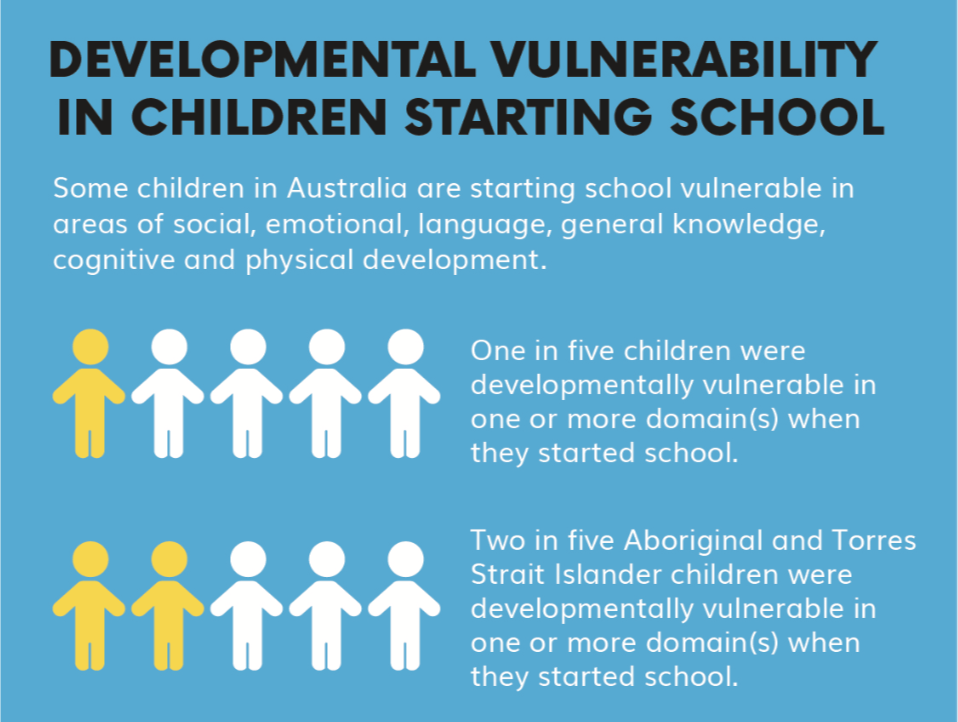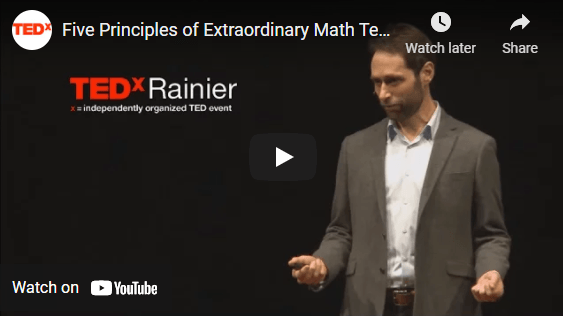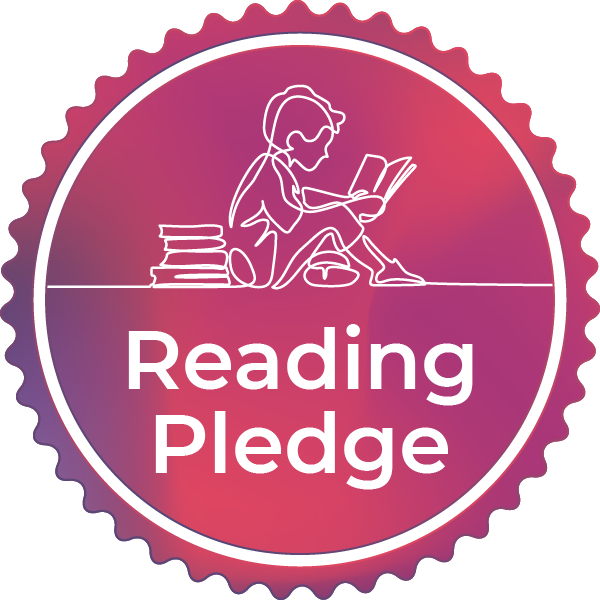Improve Your Child's Confidence Today!
As a teacher, I have seen many cases where confidence has affected academic results in a negative way. This is unfortunate as students have the ability to perform at a higher standard but often can't due to low confidence and self-esteem. Confidence is a vital factor in academic success for most students. The majority of the students I see are struggling with a lack of confidence; this can sometimes come across to educators and parents as an unwillingness to learn. Don't mistake your child's lack of self-esteem for an unwillingness to learn. I have seen many behavioural issues in the classroom, as well as lack of participation, come from a lack of confidence.
An example I can recall was when I had a grade 4 student that started tutoring who started the session with an attitude of 'I just don't care, and on top of that I'm not interested' (well this is the position that he seemed to have). However after uncovering the child's extensive anxiety of fractions, (due to a previous teacher skimming over fractions and then having the expectation the student should 'have it'). I was able to build that student's confidence with breaking fractions down to the fundamental ideas, once he had those basic ideas he was easily able to grasp equivalent fractions. My point is if you were to take on the viewpoint of this student has a bad attitude towards learning you would never get to the bottom of the problem and be able to resolve it quickly and efficiently.
Here are some tips to help build your child's confidence:
